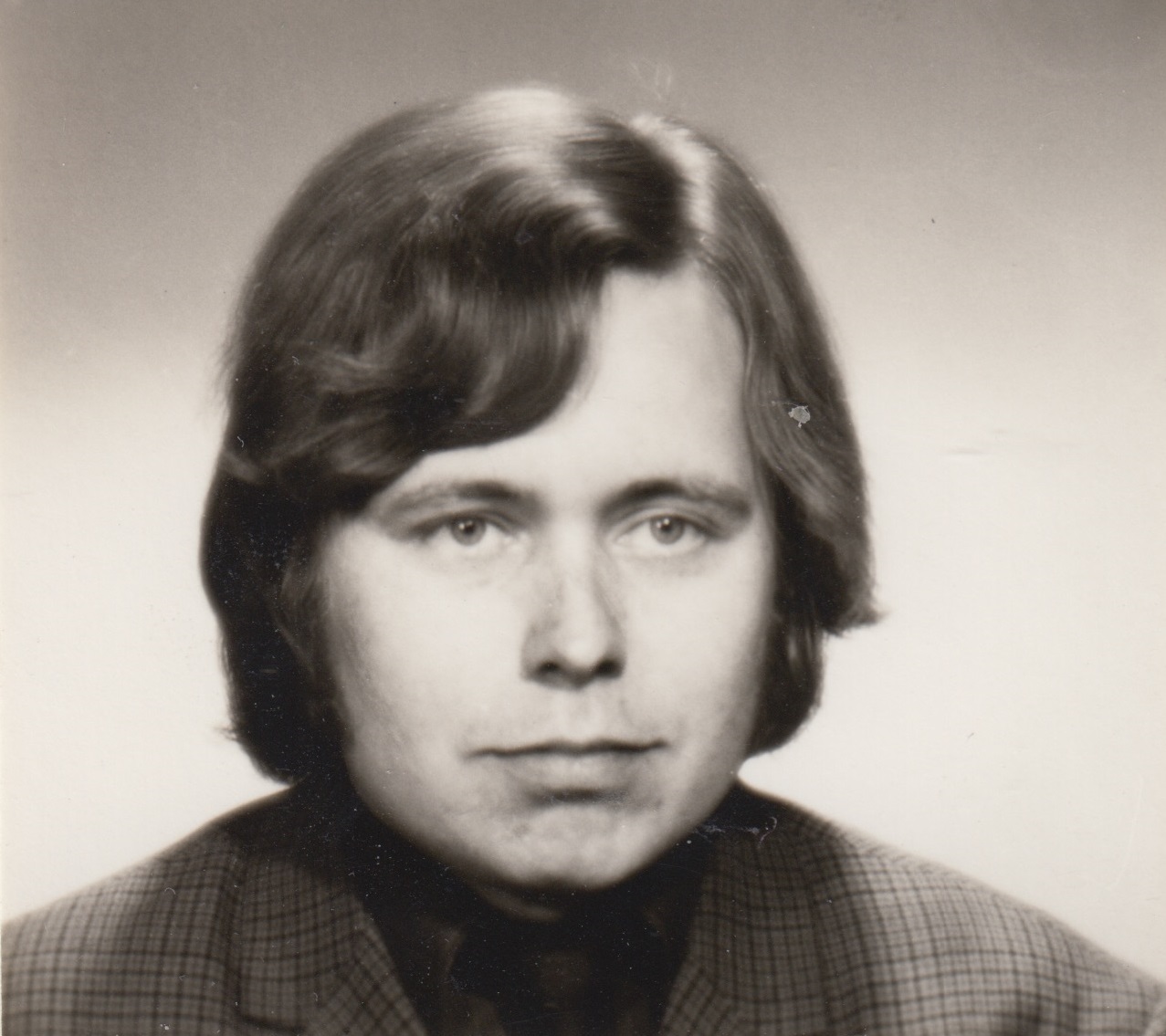A strong man with a soft spot for transcripts

Stáhnout obrázek
Karel Funk was born on May 30, 1948 in Nymburk. He grew up in a teacher‘s family, they lived at the castle in Hluboš u Příbrami. As a child, he was influenced by a meeting with former legionnaire František Brož and young man Otto Kozák, both of whom provoked resistance to the communist regime in him. After studying at the Prague University of Economics and Business, he worked as a business economist and used copy machines to reproduce illegal publications. After 1989, he found employment in the social sphere. He worked as the head of the social affairs department in Písek and subsequently became the director of the Písek Center for the Care of the Elderly. In 2020, he lived in Písek and spent most of his time writing and publishing his own texts.









